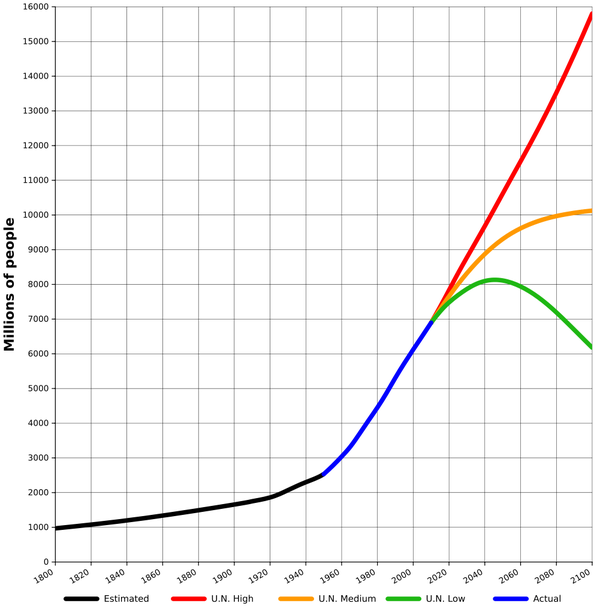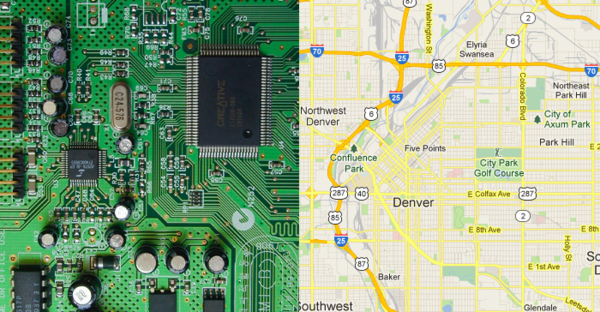We need a new kind of city
The City is an imprint of a decision made hundreds, if not thousands of years ago. Someone arrived on a piece of land and figured it would meet their needs. They setup shop on that plot — perhaps there was a river nearby. They stayed there for weeks, and so others came to visit. They would stay up all night, lighting fires, chatting and hanging out. They liked the freedom of their own territory, so they decided to make it permanent. And so the story went, until they had a village and then a town. They added features to the village as needed. They build houses and between them paths which would in turn become roads for cars.
The City is the largest, most persistent form of technology ever devised by humans. The City, or rather The Settlement as it were, is the original startup.
We built roads to cater for horses and carts. We built cities on rivers because there was no easy way to transport water or goods. We built cities on fault-lines and at the foot of volcanoes because we didn’t know they existed. We built large areas of low-income housing without an understanding of the social implications. The world, and our understanding of it, is not what it was. We would do well to reconsider more than the way we share photos, but share our planet.
Google are building self-driving cars, but these cars –while innovative– are limited to the infrastructure of roads defined hundreds of years previous. The Road is a depreciated technology that was invented before cars — but I have to admire Google’s efforts, they’re actively thinking about the problem.
The United States of America was founded upon the Industrial Revolution, and thus most US Cities follow a well defined grid system. A display of foresight and reason that could only be a product of the time. Visit Europe and you will experience a far more organic spread of city limits. It’s quaint but it’s not efficient. Trying to get the best out of our cities is perhaps something like writing consumer software in Assembly. Sure, I imagine it’s possible, but it’s not favourable. We are forced to deal with the idle overheads of our environment, but we can change this.
Pertinent to yesterday’s events in Boston, I began thinking about the safety and efficiency of public trashcans. The bombs in Boston are speculated to have been hidden in trashcans. Trashcans are checked in advance of large events, yet it wasn’t enough yesterday. We live in a world where we have the ability to automate processes, we can change and improve things in a net positive way.
How might this apply to trashcans? How can we make them as safe and as efficient as possible? The idea is simple. Trashcans would be connected by vacuum tubes to nearby holdings, when full they would be transported to dumpsites via trucks. On a regular day, a system like this would save massive amounts of resources, especially so over time. We already do this with liquid waste, so why not garbage waste? Of course, this wouldn’t be cheap to build, but proportionate to the safety and efficiency gained, the cost is negligible. In fact, at Magic Kingdom (A Walt Disney Resort) a system is already in place which corroborates the idea. Undoubtedly they do this for safety and so garbage trucks don’t factor in the theme park experience. We could run a whole range of services underground, such as loading bays and tunnels for ambulances, delivery trucks, etc.
There is a time when the operation of the machine becomes so odious, makes you so sick at heart, that you can’t take part; you can’t even passively take part, and you’ve got to put your bodies upon the gears and upon the wheels, upon the levers, upon all the apparatus, and you’ve got to make it stop. And you’ve got to indicate to the people who run it, to the people who own it, that unless you’re free, the machine will be prevented from working at all!
MARIO SAVIO, December 2, 1964
Like a doctor caring for a patient, it is our human responsibility to dress the world’s wounds, and to leave it in a better state than it was when we inherited it. We have outgrown the modus operandi. We need a new kind of city, a habitat.

